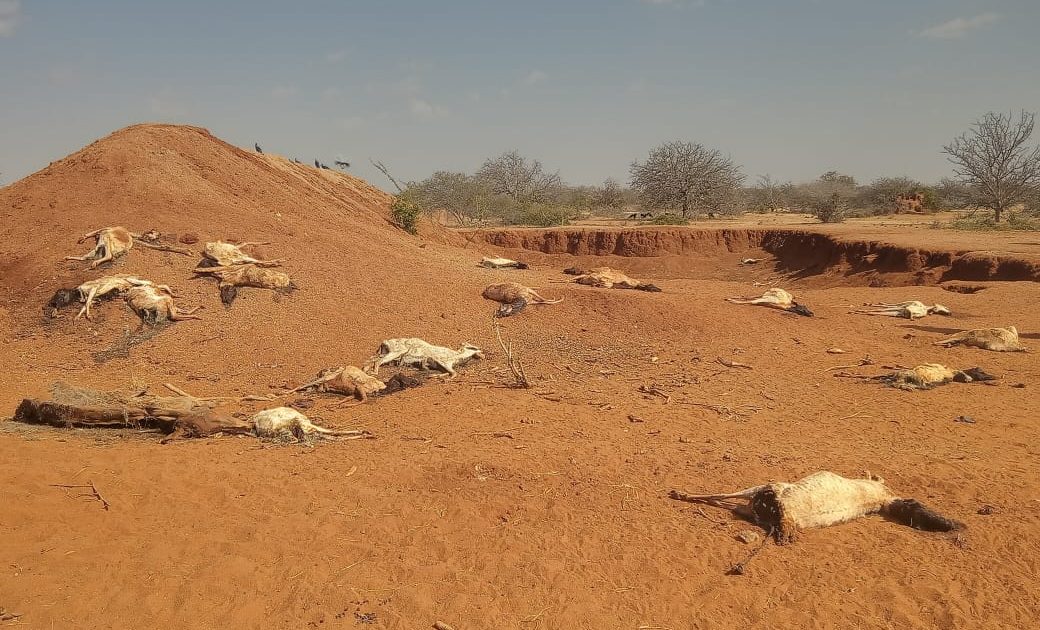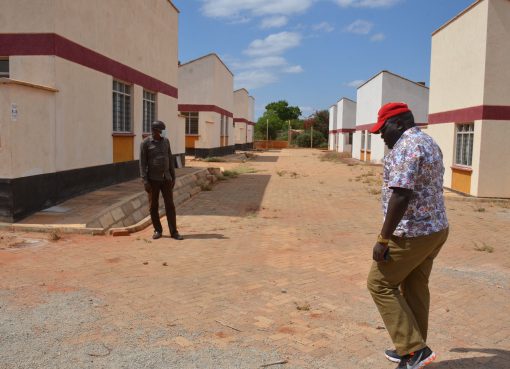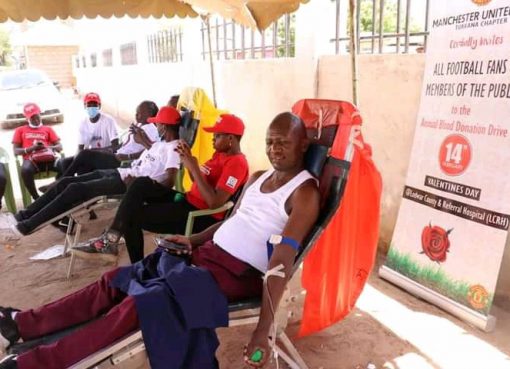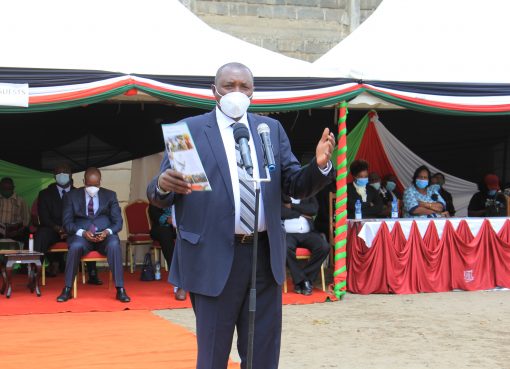In the recent past, the country and especially the North-eastern region and parts of Coast and lower Eastern has been experiencing below average rainfall as a result of climate change.
Short rains have led to prolonged droughts leading to scarcity of pasture and water in this region where livestock keeping is the main source of livelihood.
When moving from one area to another in search of pasture, although they may be faced by a myriad of challenges like animal diseases, death of their livestock on the way and resistant communities, livestock keepers expect to find ‘greener’ areas for grazing their cattle.
This has not been the case for a section of livestock keepers who trekked all the way from Mandera and Wajir counties to Tana River County with hopes of finding a favorable climate to grow crops, pasture and water for their livestock only to find the situation just the same as where they came from.
Here, the grass was over grazed and the land left bare while it was still green after the November – December short rains last year.
We found them at Hamaresa village in Tana River, where the host villagers have welcomed them and even helped them to set up temporary makeshift homes for their families.
They tell us how lack of water and pasture for them and their livestock has taken away their source of livelihood as they watched their livestock die due to starvation and dehydration.
“Most of our livestock died on the way and we thus have no source of food or income. We are requesting the county and national government to come and help us as even our children cannot attend school hungry,” Farida Hassan, a migrant said.
She appreciated the Hamaresa villagers for their hospitality and welcoming them in spite of them also experiencing similar challenges. She also said that the children had not attended school since the drought started.
Abdirahman Mohamed, another migrant blamed the harsh climate for the lack of pasture and water that subsequently caused starvation, migration and the death of their livestock.
Sala Ward MCA Muhammad Barrow has been carrying out water trucking activities to help the residents with their livestock, but for now, he needs more well-wishers to come in not only for water but supply animal feeds, relief food and school feeding programmes for school going children.
“14km is the distance from Tana River to this village and yet it is the closest source of water and you can therefore be able to tell that the scarcity of water is the major issue here and the surrounding areas. It is for this reason that I have been sending water trucks,” Barrow said.
“I would thus like the county government of Tana River in collaboration with the national government to help solve this issue and help the children get back to their education. Likewise, relief food would be appreciated to help support the inhabitants through the drought,” he added.
He also appealed to Wajir’s elected members to come help the people who voted them into their offices and requested NGOs such as Red Cross to provide assistance to drought-stricken areas and save lives.
By John Kinyanjui and Sameer Hassan





